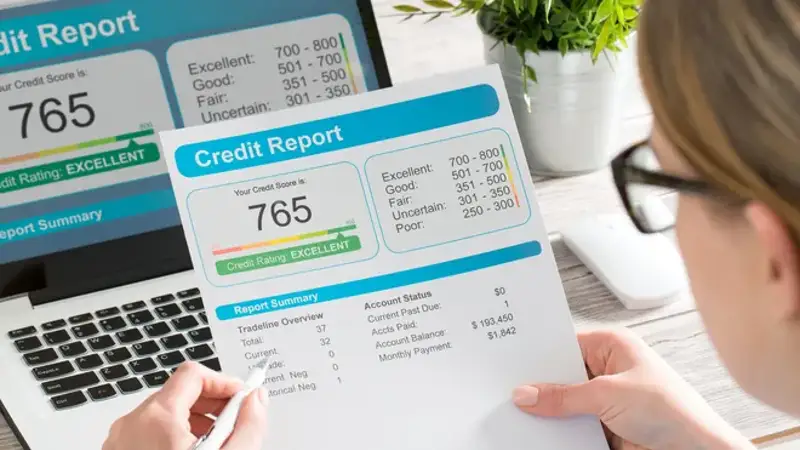
Natalie
@Personalloans.co.nz
Understanding what each credit score represents in New Zealand can be complicated but not to worry, we will explain each of the credit rating and what it means for you and your finances. Lets start with the best credit score you can have..
Perfect Score (1000)
For starters, a credit score of 1000 is the highest credit score you can have. It means you have a perfect credit history and are an extremely creditworthy borrower. Lenders will be more than happy to approve personal loans to you and will offer you the best terms and interest rates.
Responsible Borrower : A credit score of 1000 also means you’re a responsible borrower. You always make your payments on time, never carry a balance and keep your credit utilization low. In short, you’re the type of borrower that lenders love to work with.
Best Interest Rates And Lowest Fees: If you’re looking to take out a loan or open a new line of credit, having a credit score of 1000 will give you a huge advantage. So if you’re looking to get the best terms and interest rates, aim for a credit score of 1000.
Excellent Credit Score (800 to 1000)
An excellent credit score is a credit score of 800 to 1000. This means that you have a very good chance of getting approved for loans and credit cards. You will also likely get the best interest rates on these products. If you have an excellent credit score, you should be able to get a mortgage, car loan, and other types of financing with ease.
Very Good Score (700 to 799)
If you have a credit score of 700 to 799 in New Zealand, congratulations! You have what is considered a very good credit score.
High Approval Rates : This means that you are a low-risk borrower and are more likely to be approved for loans and credit cards with favorable terms.
Maintaining Good Credit Score : There are a few things you can do to maintain your good credit score. First, be sure to make all of your payments on time. This includes your mortgage, car loan, credit card bills, and any other debts you may have. Late payments can negatively impact your credit score.
Credit Card Balance : Second, keep your credit card balances low. It’s best to keep your balances below 30% of your credit limit. This shows lenders that you’re a responsible borrower and helps keep your credit score high.
Credit Report : Third, check your credit report regularly for accuracy. If you see any errors, dispute them with the credit bureau. This will help ensure that your credit score is accurate and up-to-date.
Average (500 to 699)
If you have a credit score in the 500 to 699 range in New Zealand, you may be considered a subprime borrower. This means that you may have difficulty qualifying for a loan or credit card with favorable terms. You may also be required to pay a higher interest rate than prime borrowers.
If you’re in this range, take steps to improve your credit score. This may include paying your bills on time, maintaining a good credit history, and using a credit monitoring service.
Fair (300 to 499)
It’s no secret that having a fair credit score in New Zealand can be tough. After all, the country’s average credit score is just 628, which is considered “fair” by international standards. So what can you do if your score falls in the 300 to 499 range?
First, it’s important to understand that a fair credit score in New Zealand is not the same as a bad credit score. A fair score simply means that you have some room for improvement. Here are a few tips to help you improve your credit rating:
Make all of your payments on time. This may seem like an obvious one, but it’s important to remember that your payment history is one of the biggest factors in your credit score. So, if you’re behind on any payments, make catching up a priority.
Keep your credit card balances low. Again, this is another factor that will affect your credit score. So, if you’re carrying a lot of debt on
Bad (0 to 299)
A bad credit score in New Zealand can range from 0 to 299. This is a bad credit score because it means you have a history of not paying your debts on time, or you have defaulted on a loan. This can make it difficult to get approved for new credit, and can make it more expensive to borrow money.
If you have a bad credit score, there are still options available to you. You can work to improve your credit score by making all of your payments on time, and by paying down your debts. You can also look into getting a secured credit card, which can help you rebuild your credit.




